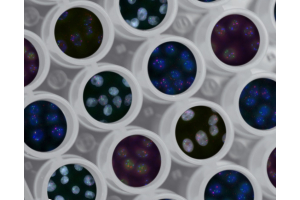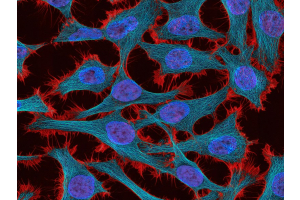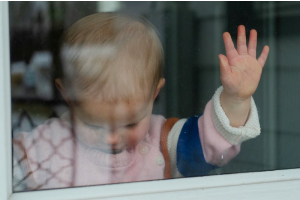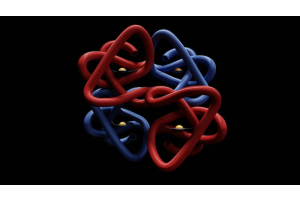Telling your child you have cancer
Last updated: 10 March 2021
You can legally access new medicines, even if they are not approved in your country.
Learn more »Suggestions from cancer survivors and their children
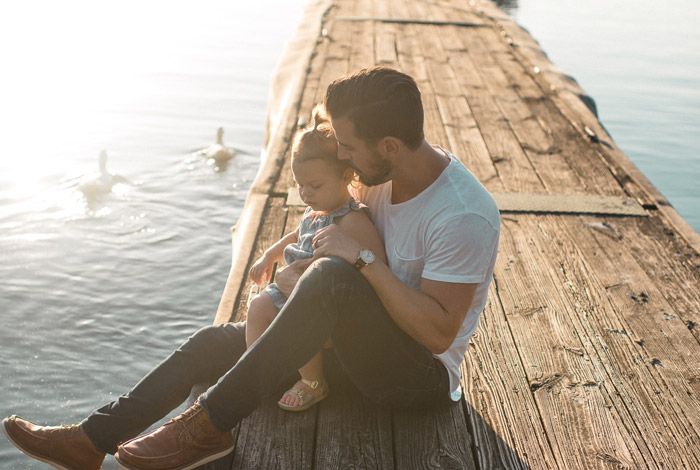
Telling your child that you have cancer can be a very daunting task – it can be difficult to know how much or little to say, and when to say it. Thankfully these days there are plenty of online resources written by health and child specialists.
Professional advice aside, it can also be nice to hear firsthand from other parents – how did they to go about it? What worked for their family, and what would they do differently?
Here are some thoughts, reflections and suggestions from other parents in the online world who have already braved the task of telling their children about their cancer diagnosis:
‘Give your child the freedom to give cancer their own name’
Ann Marie Otis talks about how her four year old son Jack referred to her diagnosis as ‘stupid dumb breast cancer’ (which also inspired the name of her website). These words, usually considered naughty in their household, were in this instance allowed because Otis felt it was important that Jack be free to articulate himself and his feelings in his own way.
‘Consider waiting until you have a treatment plan’
Gabby Spear and her husband decided to wait to tell her three and six year old until a month after her diagnosis because they wanted be able to have a clear plan in place first. They wanted to be able to say, “this is what I have, this is what it means, and this is what we are going to do about it.”
‘Involve your child’s school’
Australian bloggerJo Wallaceapproached her seven year old Charlie’s teacher after being diagnosed with stage 4 cervical cancer. They ended up inviting her doctor to talk about cancer to Charlie’s entire class; about what it is and isn’t, about how it isn’t contagious, and if how detected early, it can be treated. This not only empowered the school community to support Charlie – it also opened up the opportunity for other children to talk about cancer and played an important role in demystifying the disease for them as well.
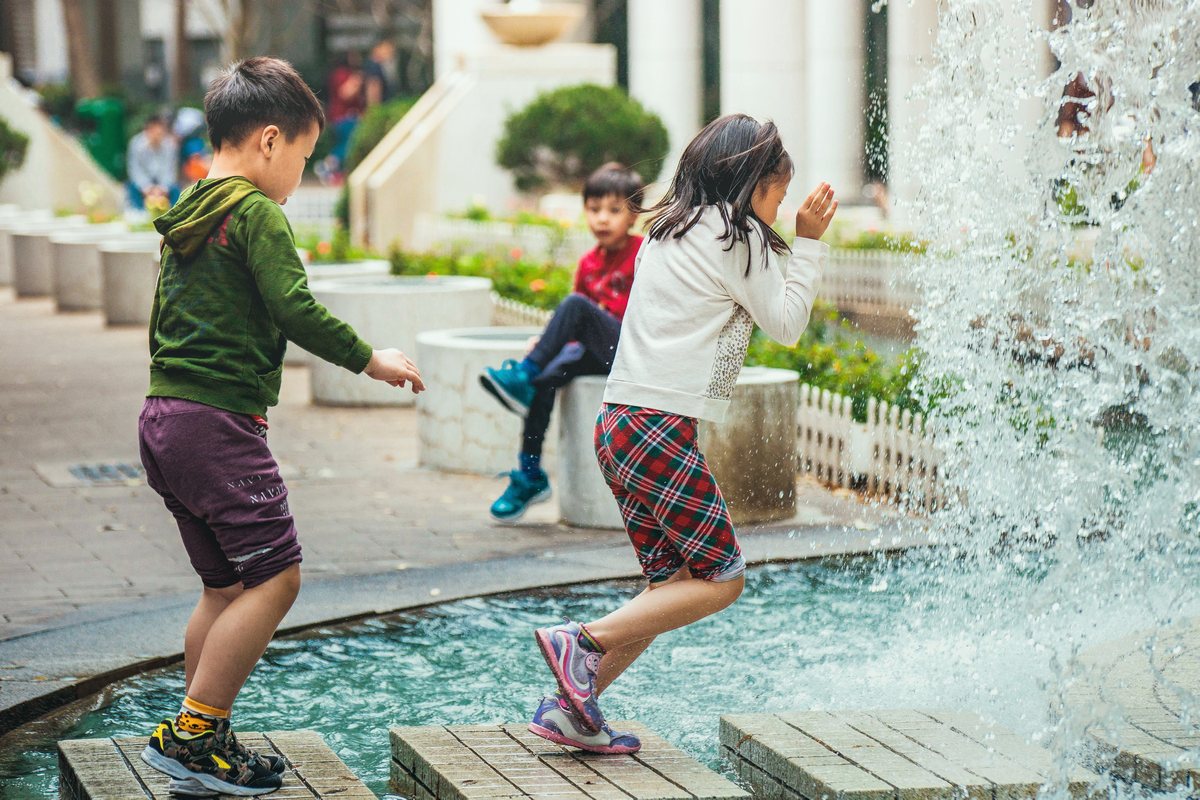
‘Keep some things normal’
WhenJen Singer asked her two sons (eight and ten years old at the time) what they had found helpful during her lymphoma, they said that hanging out with their usual friends had been meaningful, because they felt like families whose homes they had never been to before tried hard to be extra nice, and it made them feel pitied.
‘Let your child help out if they want to’
Pancreatic cancer survivorTonia Smith recommends giving your children chores that they can do around the house because it can help them feel like they have control over the situation, and doing something to help you fight your disease.
‘Don’t censor your child’
April Steams shares how her four year old told everyone she met that her mother had cancer. From people at the park, to clerks at the grocery store, to other moms at the library, “she wasn’t looking for sympathy – she simply needed to talk about it.”
‘It’s OK for your child to see you vulnerable’
Breast cancer survivor and former educator Nancy Stordahl feels that overprotecting children could be more harmful in the long run. Allowing your children to see your vulnerable side from time to time can help them to feel like it’s OK to express their own feelings of sadness and frustration.
And finally...
‘Remember that every child is different’
As with every child, there is no one size fits all approach, and you as their parent know your child best.Emma Young told each of her children of varying ages different things:“You have to do what feels right for you and your family, there’s never a textbook answer.”
Further resources
Articles by various cancer organisations
Websites
Parenting with cancer – A website with resources and articles written for parents with cancer by parents who are cancer survivors themselves.
Canteen – This Australian organisation has a specific section on their website especially for teenagers whose parents have been diagnosed with cancer, with easy to understand information.


